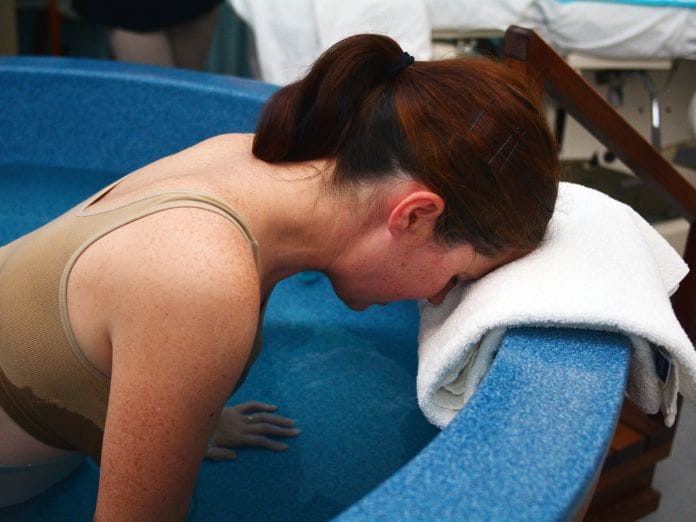With the rising popularity of less traditional births, many expecting parents are considering home water births. Gathering the educational materials, physical supplies, and your provider’s support can be challenging but worth it if the outcome is successful. If you’re someone with home water birth on your mind, you might be asking what the qualifications are and if your provider will approve. We’ll explore the criteria below.
Your Provider Supports This Decision
Receiving your provider’s support is a big step in qualifying and ensuring you’re on the path of least resistance. Whether you’re seeing an OB or a midwife or both, your provider should understand the full scope of your health history and current health to determine whether you are healthy enough for a water birth. Unfortunately, not every person, body, baby, and circumstance is suitable for water birth. And the provider will always keep your and your baby’s best interests in mind.
Your Pregnancy Is Considered Low-Risk
If your provider agrees with the decision to have a home water birth, they will look at several pieces of criteria throughout your pregnancy to keep an eye on these conditions. Your pregnancy must be low-risk and considered medically low-risk from the beginning. The pregnancy must also be singular, meaning you are not expecting twins (or more).
You should have no current infections or chronic medical conditions. Your pre-pregnancy BMI and pregnancy weight gain must be healthy and stable for the pregnancy. And your blood pressure should be inside the boundaries and maintained throughout pregnancy. It’s essential to note that your ideal blood pressure readings will vary based on various health factors, and your provider will help you understand these parameters.
The Primary Benefits of Choosing a Water Birth
Birth parents who seek water birth will come to understand that many choose this distinct delivery method because it offers a range of benefits. Some people wish to avoid medical pain management, and water birth is a great way to achieve this.
Warm water calms contractions enough to allow relaxation and focus on breathwork. Many wonder if water births are less painful than other births. With the pain management offered by the water, accompanied by a licensed doula and midwife, many find the pain tolerable when submerged in water.
Ensure you meet with your care provider to ask about the qualifications for a home water birth. If you are healthy and your pregnancy is low risk, consider taking an educational course exploring various methods and coping strategies that might be useful for a water birth. Good luck!






